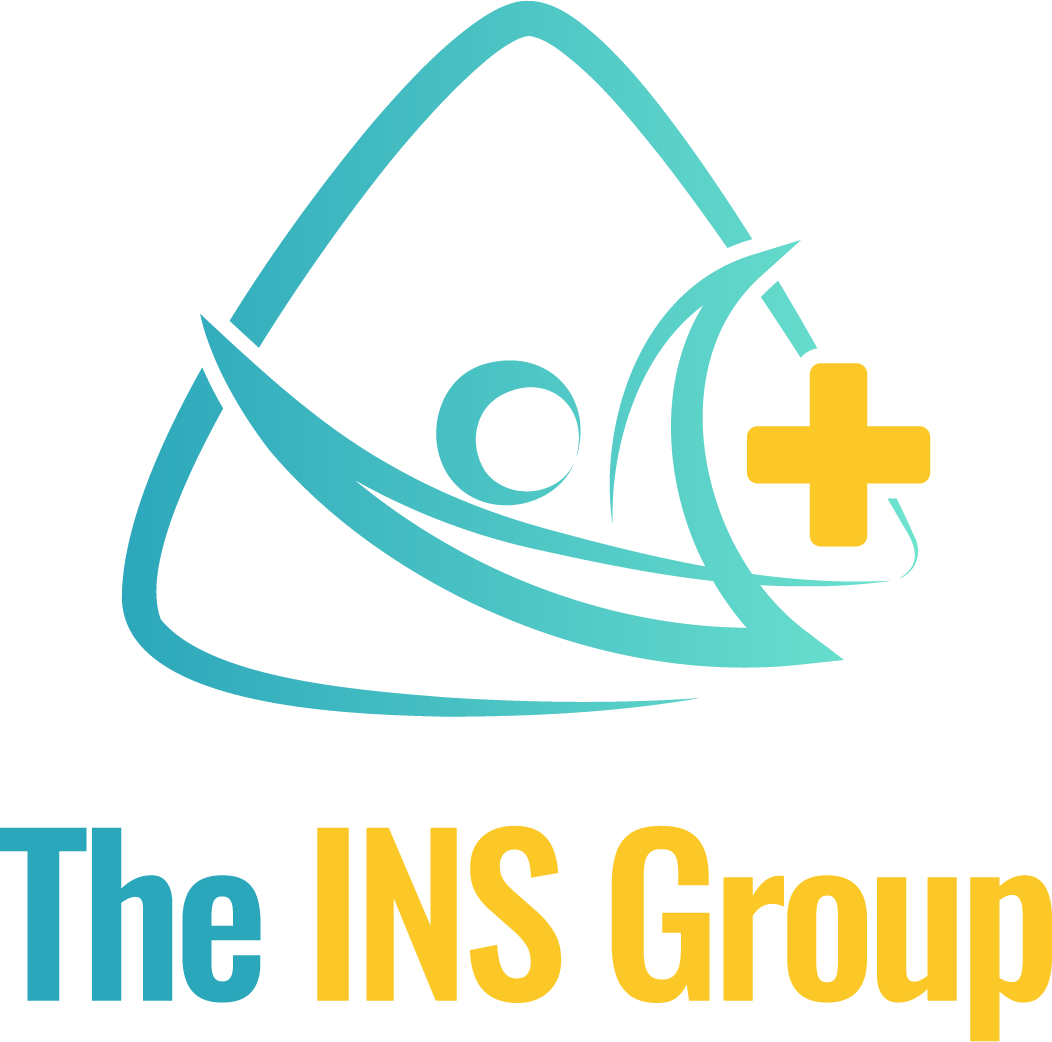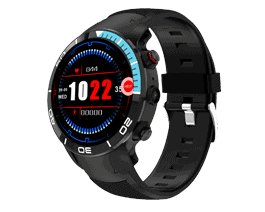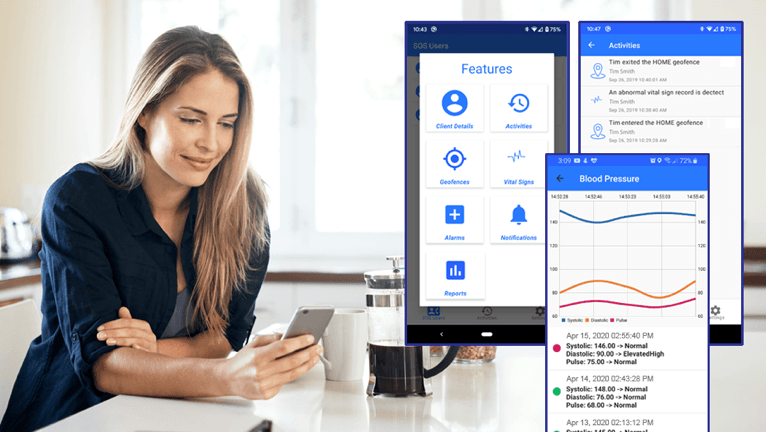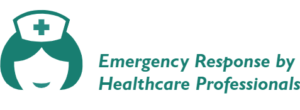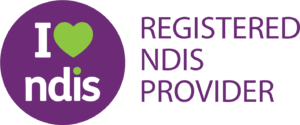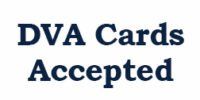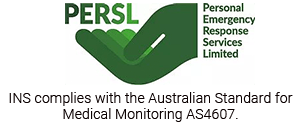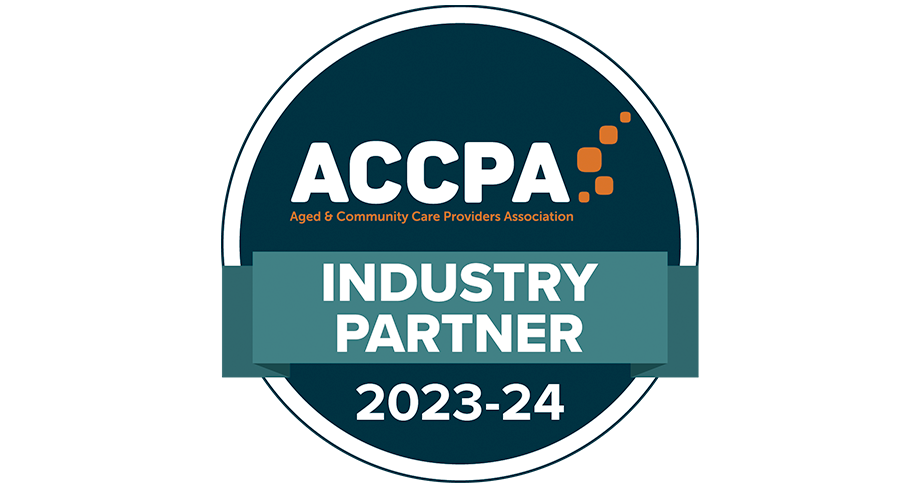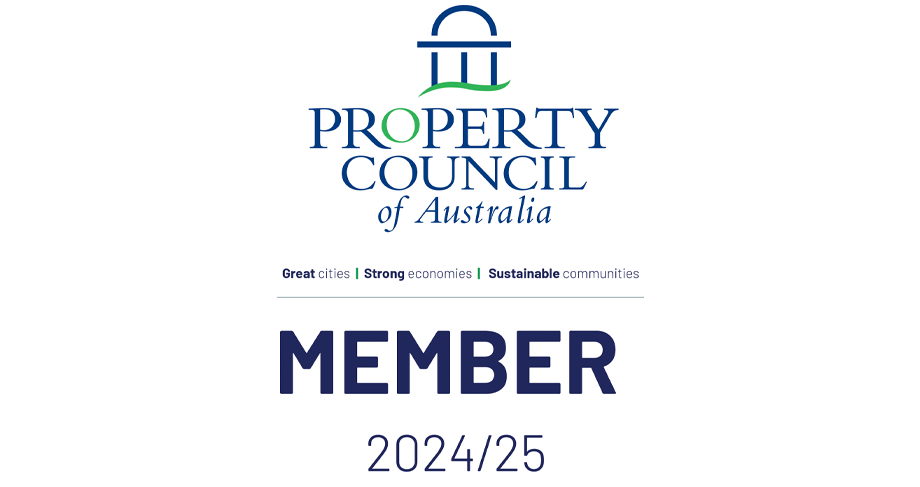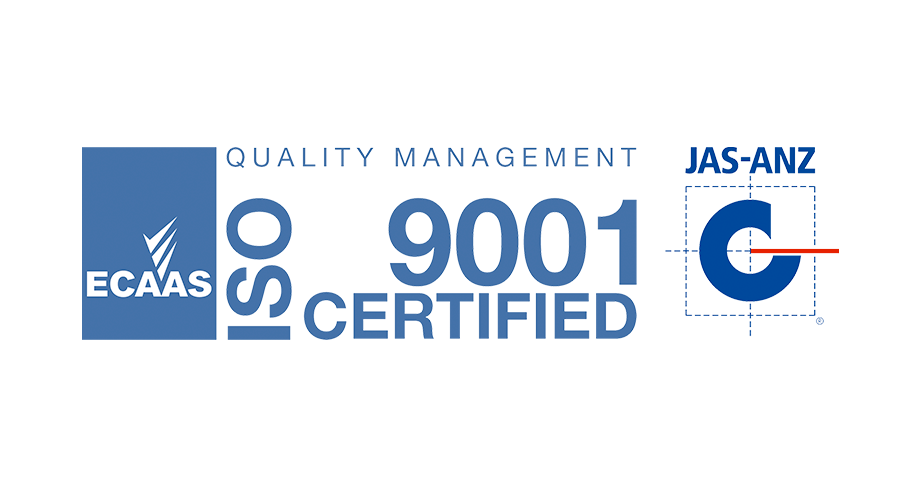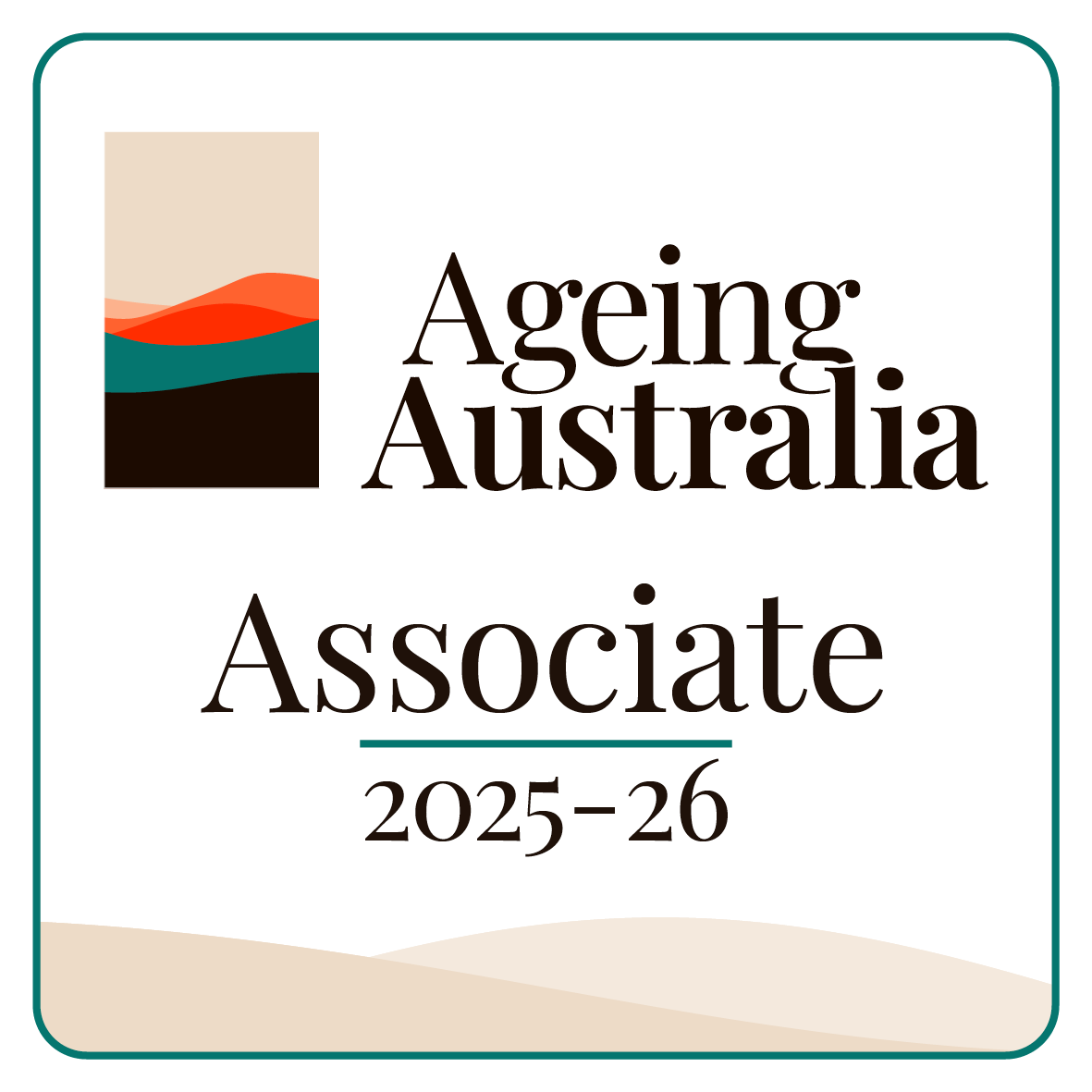INS LifeGuard AU
Does it Really Matter Who Responds to Alarms? Judge for Yourself
The importance of having our Emergency Response Centre staffed by healthcare professionals was demonstrated by this recent example. We believe this highlights why the level of service and the care provided by INS LifeGuard is industry-leading.
A client triggered an alarm at 9:23 PM advising our nurse that he wasn’t sure whether he’d taken his post-dinner insulin. Tim, one of our registered nurses, received the alarm. The client was asymptomatic, with a blood glucose level (BGL) of 14.7. He was adamant he did not want an ambulance called.
Tim advised the client not to take any insulin at this time and assured him that we’d call him back later to check on him. Tim called the client back approximately an hour later. His BGL was now 15.7, and he remained asymptomatic.
Tim consulted with another nurse, Bev, and they agreed on the following plan:
- They would advise the client to take insulin at 10:30 PM and to have something to eat as he usually does when taking his evening insulin.
- They would call the client back at approximately 11:00 PM. If he remained asymptomatic, no action would be taken. If, however, there were any symptoms, an ambulance would be called. They decided on this time frame based on the action time of his Ryzodeg 70/30 insulin, which is 10-20 minutes after administration.
- The client would be called again at approximately 11:30 PM to check if he remained asymptomatic and his BGL was not dropping too far. Again, if there were any concerns, an ambulance would be called. They decided on this time frame as the peak action time is approximately 60 minutes.
- The client would be called again at midnight. If all were well, no further calls would be required. The client advised he may sleep between calls but assured them he would wake when we called in. We advised that if he missed any of the follow-up calls, an ambulance would be dispatched.
The plan was carried out as agreed, and at the midnight call, the client remained asymptomatic. His BGL was within his normal range. As such, we were able to successfully manage the client remotely and avoid an ambulance call-out.
This is just one example of how having healthcare professionals respond to personal emergency alarms allows us to provide a superior level of service. Our staff worked together as a team to ensure the very best outcome for our client, who was very happy with the care provided by our nurses.
To find out more call 1800 636 040 or visit our website.
Categories
About
The INS Group
The INS Group is dedicated to delivering quality services that support people in their home by providing In-Home and Mobile Personal Alarms Monitored 24/7 by Nurses and other Healthcare Professionals.
